Refine
Date Range Clear
Recorded by Clear
Keywords Clear
Partnerships Clear
Organizations Clear
Places Clear
Languages Clear
Initiatives Clear
Dr. Mary Beth Wilhelm is a research space scientist at NASA Ames Research Centre. In this interview, Mary Beth talks about lab hopping, visiting five continents in five months, winning the Ames Early Career Researcher Award, and her hopes for...
Allison Leidner is a program manager for Energy and Infrastructure applications at NASA’s Earth Science Division where she helps inform and connect decision-makers with the science behind renewable energy and climate resilient infrastructure. A conservation biologist by training, Allison recently...
If Sharmila Bhattacharya wasn't Program Scientist for Space Biology at NASA Headquarters, perhaps she would've been a theater actress. And while her contributions on stage would likely be legendary, we're happy to have her at NASA learning about how space...
In research, Dalia Kirschbaum literally seeks landslide victories, though in her case this entails finding disasters. The research scientist at NASA’s Goddard Space Flight Center uses satellite monitoring to get clear predictions about actual landslides through satellite information. “My work...
Noah Petro is a research scientist at the NASA Goddard Space Flight Center- which doesn’t seem like much, but it includes being the lab chief of the Planetary Geology, Geophysics and Geochemistry Lab at Goddard and being the project scientist...
Matt Mountain thought he wanted to work alone as a scientist, but on his journey to becoming the president of an Association for Universities in Research in Astronomy and the telescope scientist for the James Webb Space Telescope at NASA,...
Paul Stackhouse is a sun chaser, but in his case it means measuring the surface radiation budget. This means figuring out how much sunlight gets to the surface of the planet, and takes a deep understanding of factors like cloud...
Brad Doorn’s, Water Resources and Agriculture Applied Science Program NASA, work includes forecasting the global food supply, including warnings and predictions about possible problems that might arise due to water supply shortages which can inform global market prices. While the...
Peter Michelson was inspired by the Apollo moon program to study physics; now, he's a professor of physics at Stanford University and works at the Compton Gamma Ray Observatory. We talked to Peter about pivoting into a new field after...
Dr. Laura Iraci is a research scientist in the Earth Sciences Division at NASA Ames, where she leads a group focusing on air and where human pollution goes. In this interview, we discuss her early interest in high school chemistry...
Cloud scientist Steven Platnick is trying to learn how clouds may magnify—or minimize—the effects of climate change. He first got excited about clouds when his Ph.D. advisor, who "treated us like equals," started asking questions about clouds. "He asked questions...
Curt Niebur is the Lead Program Scientist for Planetary Flight Programs at NASA Headquarters, which means that he works on all the NASA robotic missions that don’t go to Mars- you know, a very small mom-and-pop operation. We talked to...
Through his work with SERVIR, Ashutosh Limaye could be described as one of Earth’s watchdogs. The project scientist at the Marshall Space Flight Center’s job is to take NASA satellite data back down to the Earth and help people use...
Ryan Scott followed a nontraditional path to NASA Ames Research Center. From his passions for social justice and rugby to his start in exercise physiology and teaching college anatomy, Ryan is a biological research scientist. He works to get bio-specimens...
I interviewed my father Allen bout what historical event had the greatest impact on his life, he chose the Russian satellite Sputnik.
As a young child in India, Nithin Silvadas picked up Carl Sagan’s Cosmos, and it may have changed his life. From that moment on, he was enraptured with the universe. An undergraduate in engineering (where he literally helped build satellites)...
Me and my grandma’s fiancé talked about his work in NASA. He worked on the Apollo mission that went to the moon.
Rosaly Lopes is a planetary geologist at NASA’s Jet Propulsion Lab. She discovered seventy-one new volcanoes on IO, for which she was recognized in the Guinness Book of World Records. She uses her research into the surface of other planets...
The realization that a purple sunset in Wisconsin traced back to the 1991 volcanic eruption of Mt. Pinatubo in the Philippines fueled Chip Trepte’s interest in the movement of volcanic aerosols in the upper atmosphere. “It was a stunning revelation...
This is an interview of my grandfather about the first time he met an astronaut.
An inspiring physics teacher, a lesson on the Copernican Revolution, and an immense awe sparked by the night sky ignited a passion for learning and research for Dr. Thomas Zurbuchen, Associate Administrator for NASA's Science Mission Directorate. Dr. Zurbuchen shares...
Nearing the end of her career, Anne Douglass, at NASA Godard Space Flight Center, has provided the scientific community with a better understanding of the ozone layer that protects us all from ultraviolet radiation. Anne describes the energy that it...
Sabrina Savage builds instrumentation for solar physics and studies solar flares at NASA’s Marshall Space Flight Center. The technology she helps create delivers the most high-resolution pictures of the sun anyone has ever seen. In a society more dependent upon...
As a program manager with the Jet Propulsion Laboratory at NASA, Dr. Ulf Israelsson shares how he first became fascinated with outer space as a child, when he would stare up at the stars in his native country of Sweden....
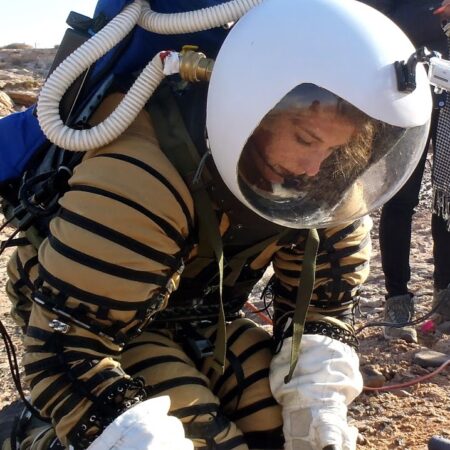
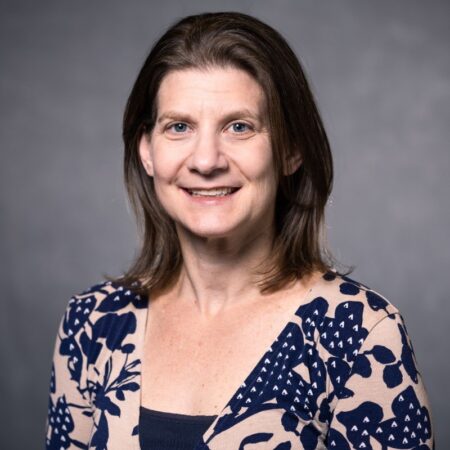
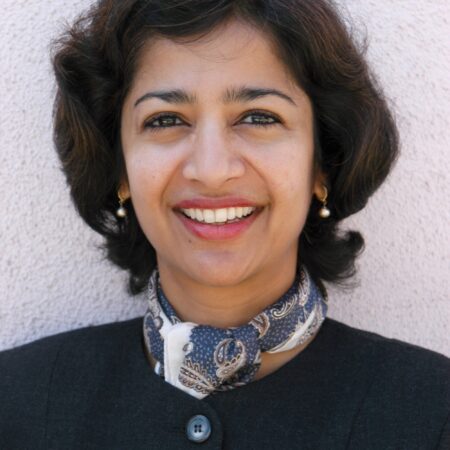
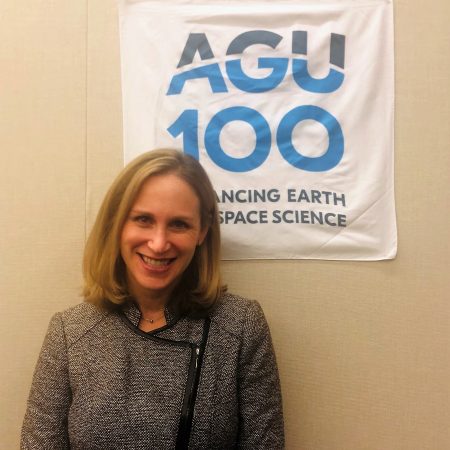
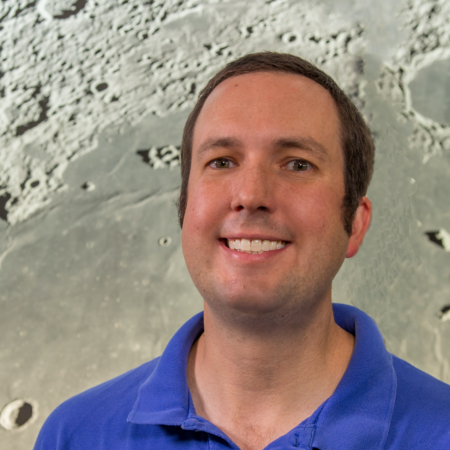
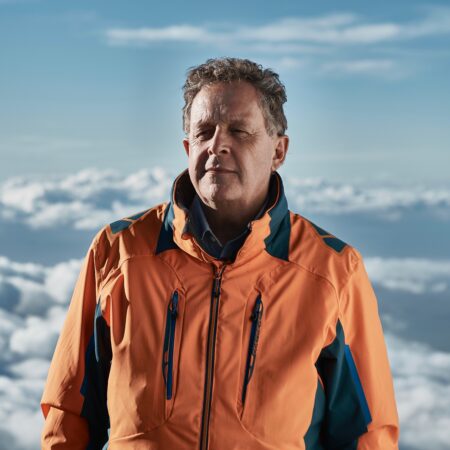
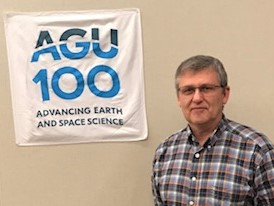
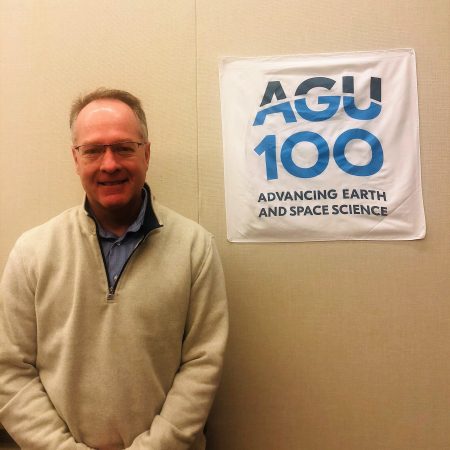
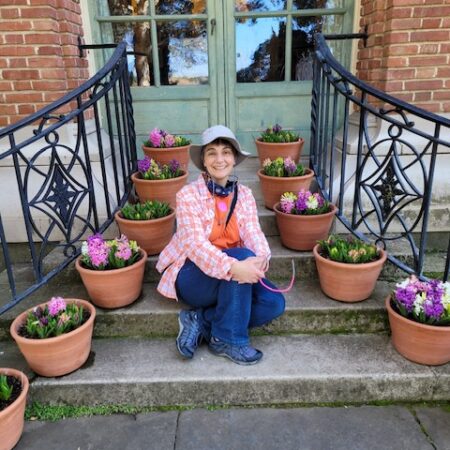

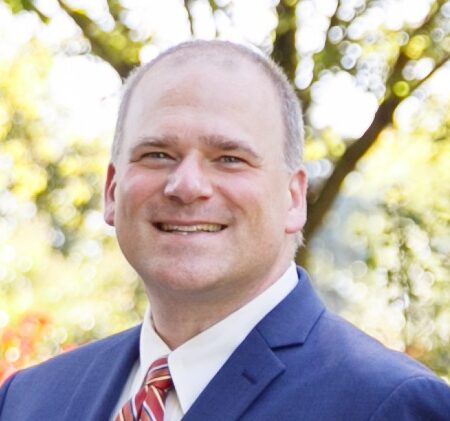
![“[Better satellite monitoring] will improve our ability to bridge the gaps between the haves & have nots." interview with Ashutosh Limaye](https://archive.storycorps.org/uploads/2019/02/181213_Limaye-450x450.jpg)
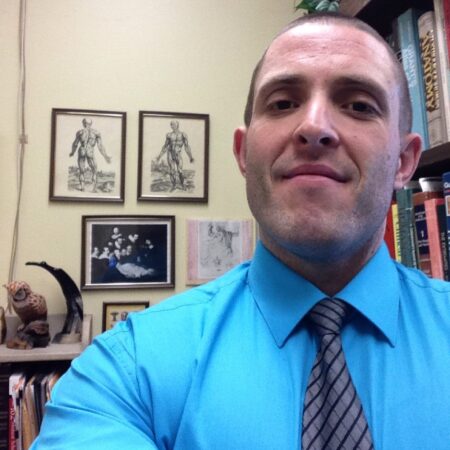
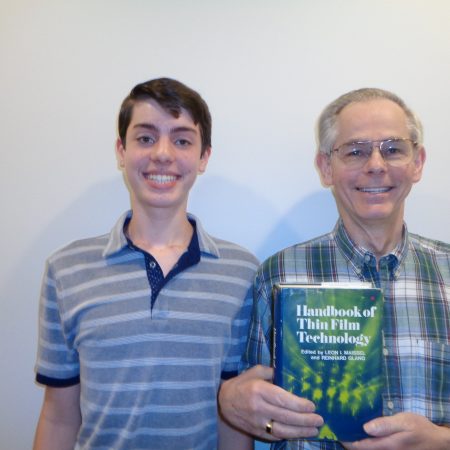
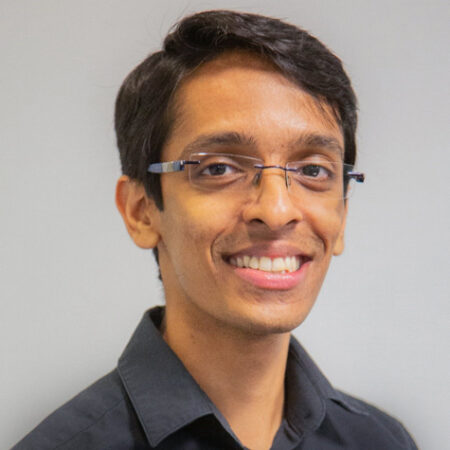
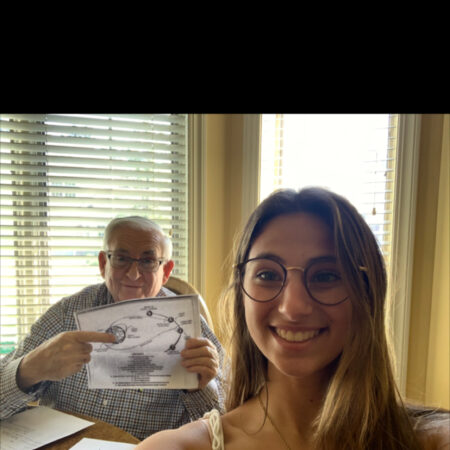
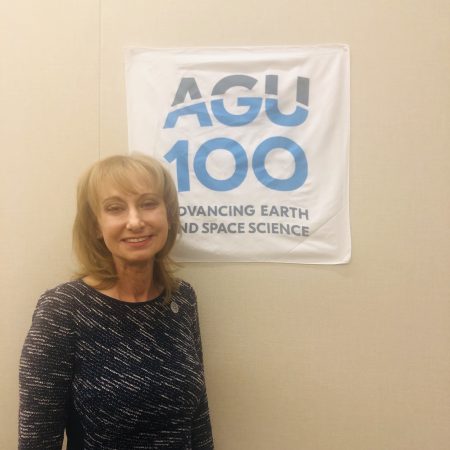
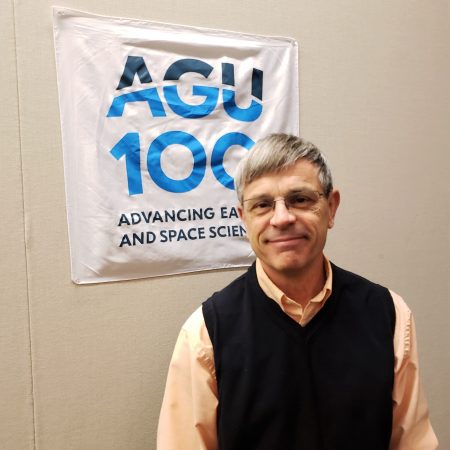


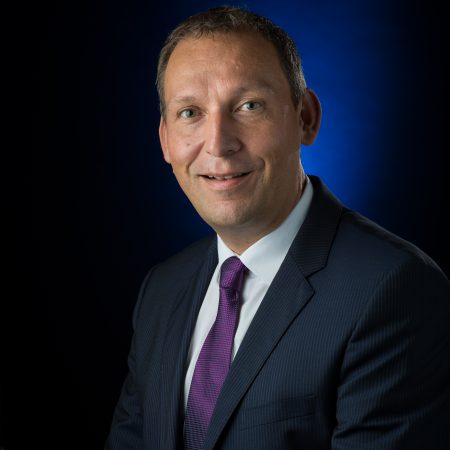
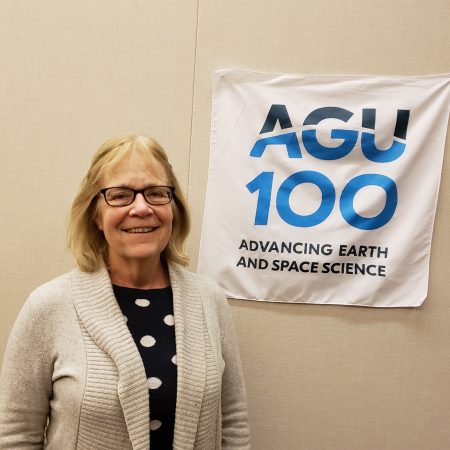
!["The sun is a terrifying and beautiful laboratory of which we know only a little [about]." an interview with Sabrina Savage](https://archive.storycorps.org/uploads/2019/02/20181213_Savage-450x450.jpg)
